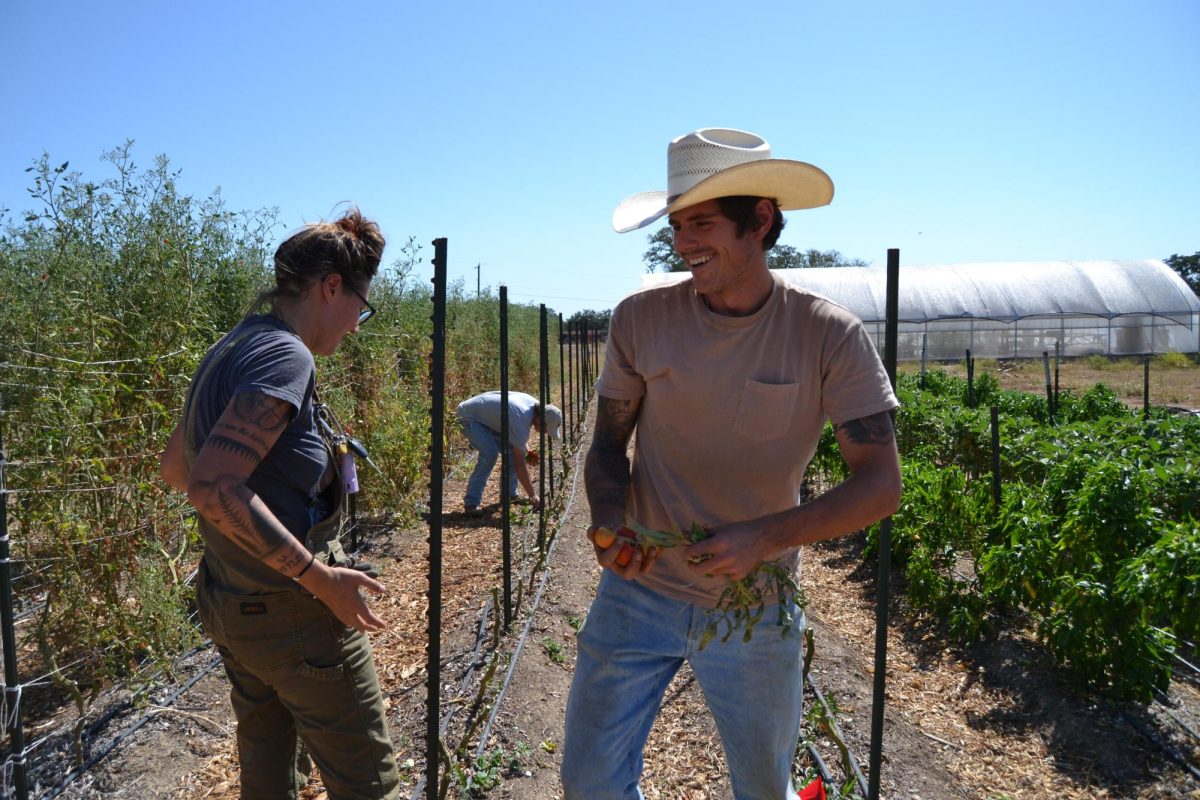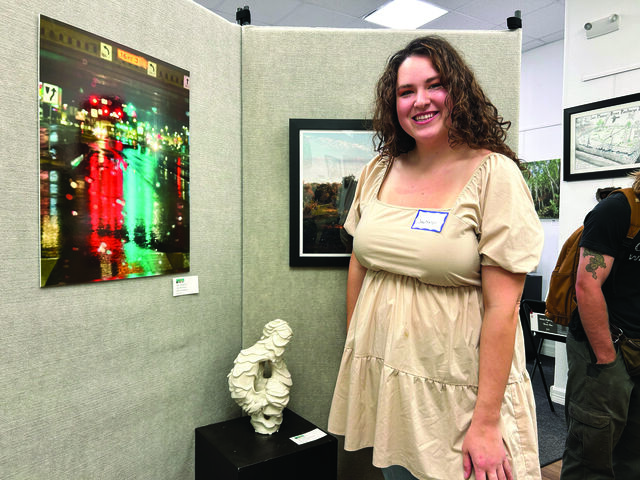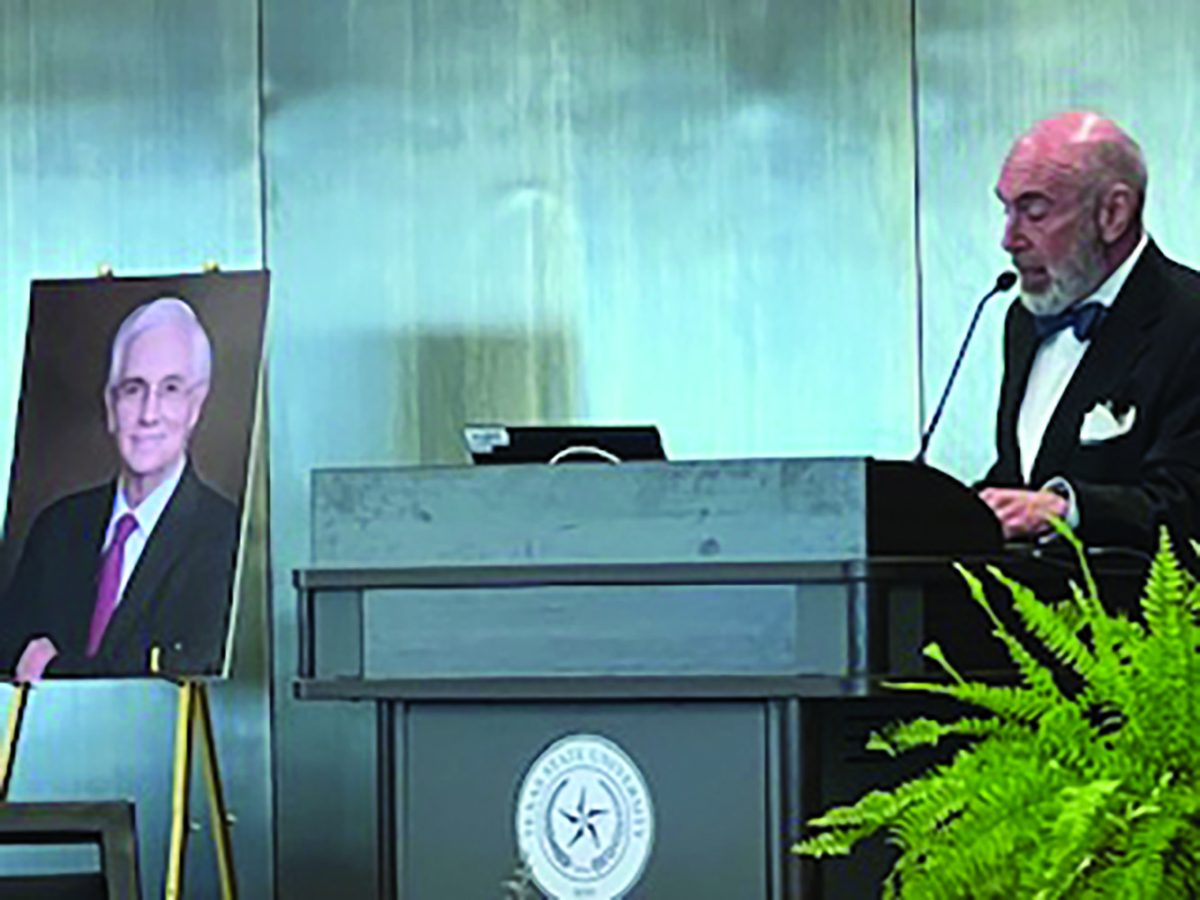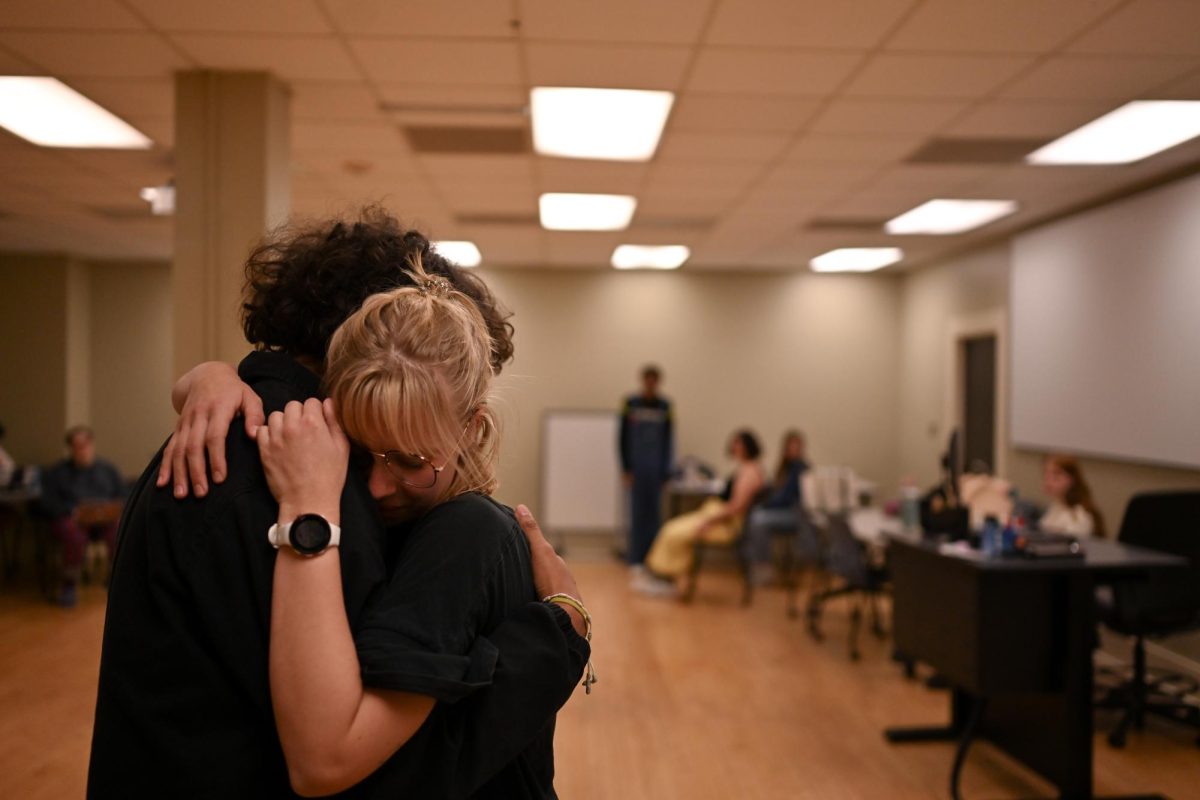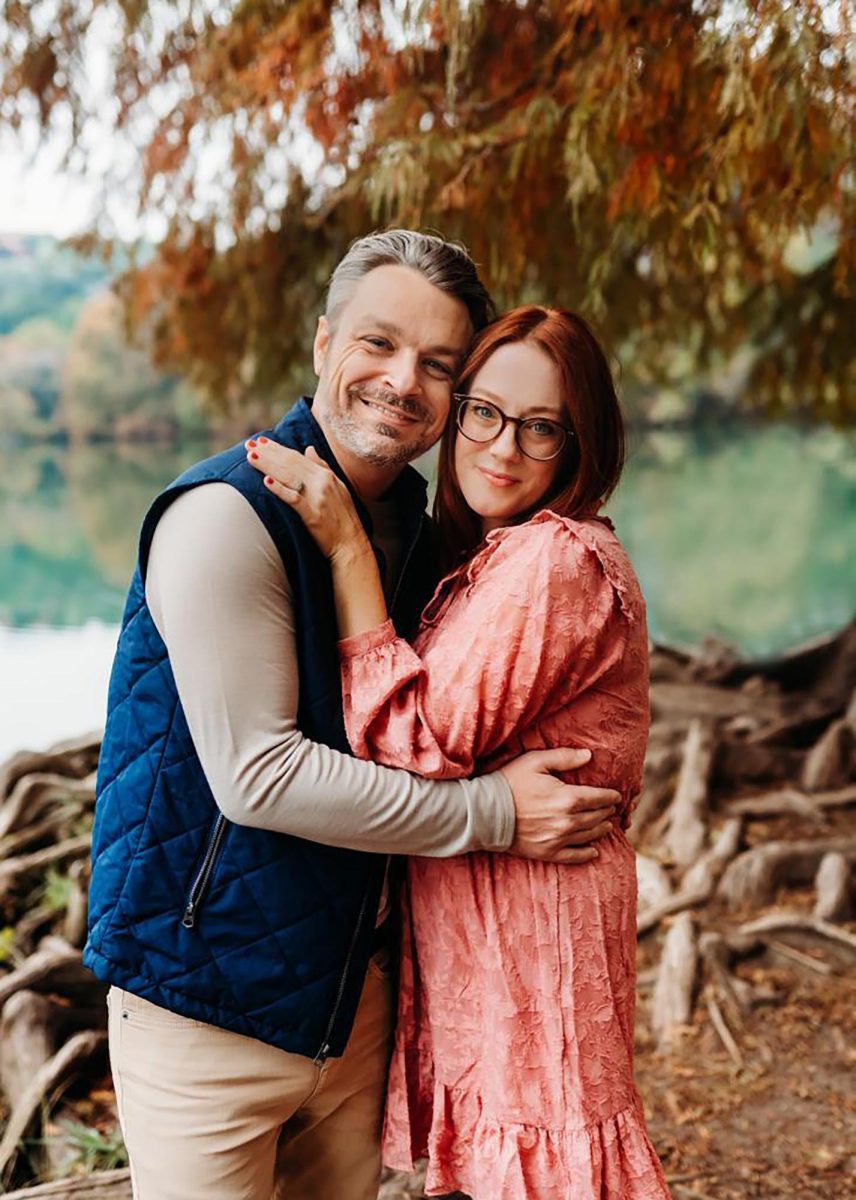Just left off of Freeman Ranch Road, the smell of fresh chives, basil and topsoil fills the air while students weave through rows of budding watermelons and ripe peppers. 22 plant beds, a greenhouse and a yellow shed currently occupy some space in the 1.4-acre plot of the student-run farm, but the organization is always looking for more ways to grow.
Bobcat Farm is a hands-on learning experience open to students, faculty and staff. Since its start in 2022 by adviser Nicole Wagner, assistant professor in crop and soil science, the farm has aided classrooms and graduate students in research, provided local produce to students and locals through Bobcat Bounty and the Farmers Market and has become a middle ground for students in the agriculture department.
“Once [students are] out there it gets really into the science realms. They can really gain a new perspective through these activities,” Wagner said. “The other thing that starts emerging is this real Texas State community that’s just so magical because it’s students from all these different departments coming together.”
In 2021, after receiving funding from donor Andrew McGown, the vision for Bobcat Farm was born. The idea was seeded by COVID-19 when the fragility of food supply chains was exposed. McGown’s $101,000 donation was made toward teaching people about food resiliency. With his idea and Wagner’s plan, Bobcat Farm was officially underway in 2022.
“It’s so much more than a student farm,” Wagner said. “It’s more of understanding our place in the ecosystem, how food production works and also the importance of restoring land and water resources. So it’s all of these experiential learning activities that are tied into the activities of running this diversified organic farm.”
Bobcat Farm is only in the first phase of their three-phase plan of building the farm. In its first year, the club has developed a hoop house, completed a field crop plot and placed irrigation infrastructure. This semester its hope is to move into phase two by planting an orchard, expanding and installing aquaponic and hydroponic systems, building a post-harvest station, an education pavilion and installing a rainwater collection system.
With its three-phase plan, Bobcat Farm works toward its long-term goal of becoming a sustainable farm that provides education and acts as an outdoor research facility for various agricultural branches.
Students aren’t always at the farm. Bobcat Farm coordinator Emily Nickerson, an agriculture senior, made use of the organization’s crops over the summer by selling produce at the San Marcos Farmers Market for profit for the farm. Taking a break from the Farmers Market, Bobcat Farm plans to be out on The Quad this semester selling its local produce to everyone on campus.
“That’s personally my goal is to market more than the San Marcos Farmers Market because I want to be able to give students discounted produce at a lower cost,” Nickerson said.
Other business aspects can be learned as the farm continues to grow. In the future, the student farmers are excited to start community-supported agriculture (CSA) with paid subscription boxes filled with a variety of seasonal crops.
“Students who are really getting involved with selling the produce, they’re really getting involved in the business side of things,” Wagner said. “Running a small business, how you purchase things, making decisions on what to purchase… it’s putting them to the test not only on the things that they’re learning in class but way beyond.”
The farm has become a common ground for all students in the agriculture department by bridging majors in the department to one space where their talents can be utilized and lessons can be learned. Landon Brown, a water resources senior, realized how important it is for his major to get experience on the farm. He rises before the sun to tend to the crops on the farm almost seven days a week.
“I kind of got introduced out here because being in the geography department dealing with water,” Brown said. “So that’s kind of coming out here and learning about it, seeing it actually get done and then seeing how satisfied the customers are on the market. It’s really rewarding.”
On top of growing its farm, the organization also hopes to do the same with its members by reaching all corners of Texas State. The student farmers believe that hands-on experience is not only important for agriculture majors but for all majors across campus.
“I feel like we have a pretty big disconnect with where our food comes from,” Canyon Tillmon, Bobcat Farm president and agriculture senior, said. “We see it in grocery stores, but we don’t really know completely what’s in it. [At the farm], we’re able to see it go from seed to fruit, and with that comes more respect for your body but also for the natural world around you.”
For updates and more information on Bobcat Farm follow them on Instagram @txstbobcatfarm.



